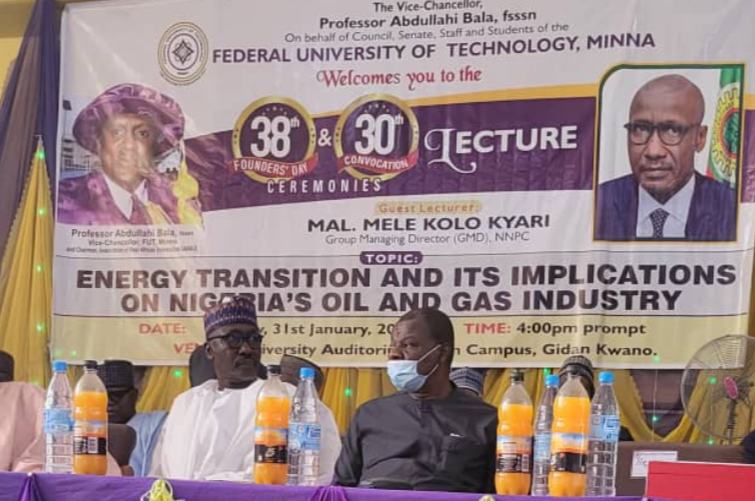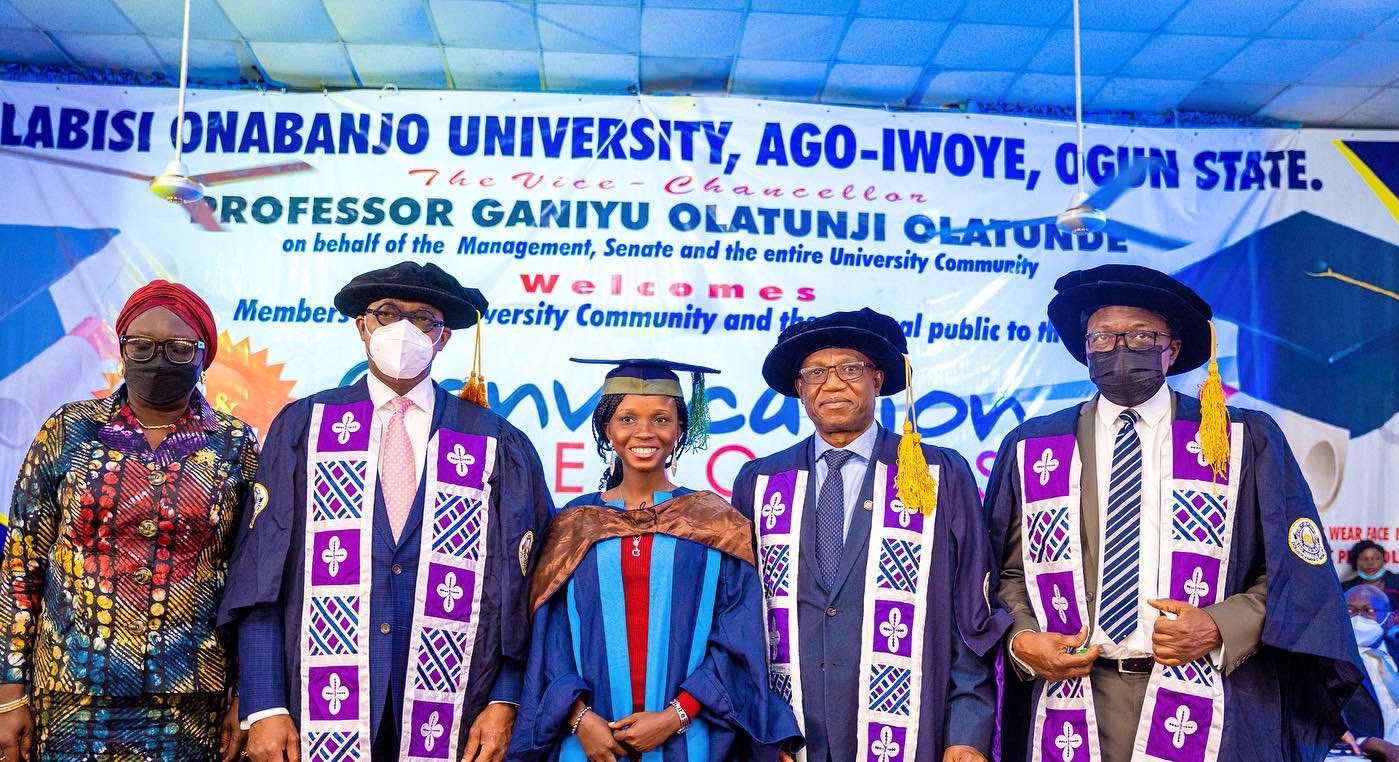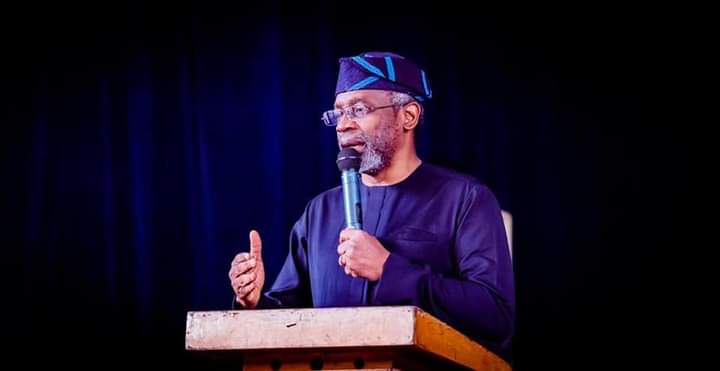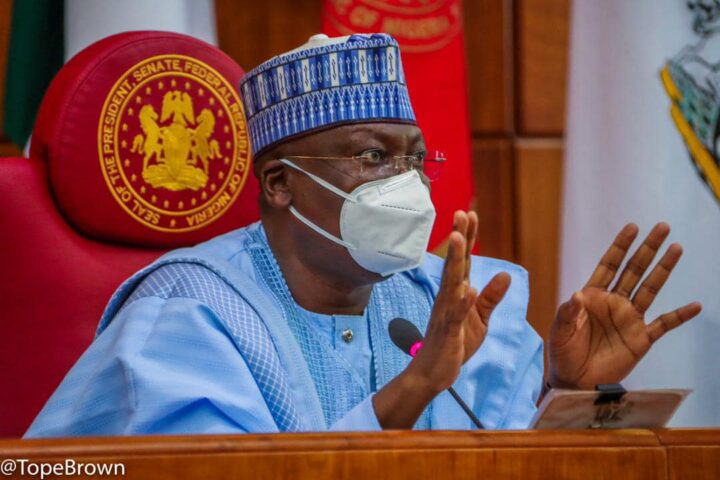Mele Kyari, the group managing director of the Nigerian National Petroleum Company (NNPC) Limited, says Nigeria and other African countries must leverage technology and innovation to facilitate energy access and transition.
In a statement issued by the company on Monday, Kyari said this in a lecture titled “Energy transition and energy accessibility-The new paradigm” delivered at the 30th convocation ceremony of the Federal University of Technology, Minna, Niger state.
He said the need to leverage technology and innovation had become compelling to support energy sufficiency, industrialisation, job creation and economic growth.
Kyari said that while findings have shown that the global transition to renewable energy will continue to accelerate, the pace may not be fast enough to balance the impacts of economic expansion and population growth in the world.
Advertisement
He added that the rising global population, especially in Asia and Africa, will significantly push energy demand upward where renewable energy sources cannot meet by 2050.
Kyari stated that the NNPC is determined to achieve carbon neutrality, using Nigeria’s ample natural gas resources as a low carbon alternative that will help improve access to energy, thereby strengthening the Nigerian economy.
“To achieve a seamless transition to cleaner energy, global players must promote diversification of energy sources to improve global access to energy and reduce the absolute number of people without access to energy especially in Africa,” the statement quoted Kyari as saying.
Advertisement
“As Africa’s largest National Oil Company, we are building on the convergence of new technologies and innovative business models to guarantee access to energy for today and tomorrow.
“NNPC has set the necessary machinery to lead Africa in transition to low-carbon energy and renewables. We are deepening natural gas utilisation under the National Gas Expansion Programme.
“NNPC is currently extending natural gas infrastructure backbone from Ajaokuta in Kogi state to Kano through Abuja and Kaduna under the AKK Gas Pipeline Project.
“This mega pipeline will be fed by both Escravos-Lagos Pipeline System (ELPS) and Obiafu-Obrikom-Oben (OB3) gas pipelines through Oben node in Edo state and deliver 2bscf of natural gas to power plants and industrial off-takers along Abuja, Kaduna and Kano.
Advertisement
“As a National Oil Company and a global player, NNPC is ready to take a front seat in the global shift to renewable energy.
“We are taking a firm position in this transition by institutionalising the necessary enablers for success.
“NNPC has established a Renewable Energy Division and has completely transformed the NNPC R&D Division to NNPC Research, Technology and Innovation as part of our key initiatives to transit to Energy Company of Global Excellence.”
The GMD said oil will remain crucial in the global energy mix of today and the future.
Advertisement
He added that as the transition to cleaner energy gains momentum, especially across the developed countries, oil companies must continuously improve operational efficiency and reduce their costs to remain on the playground.
He added that inclusive policy actions have become the necessary ingredients required to achieve a net-zero carbon economy as well as Sustainable Development Goals 7, which seeks to address energy poverty, especially amongst the least developed countries.
Advertisement
Also speaking at the event, Abdullahi Bala, the vice-chancellor of FUT Minna, said the energy transition emphasised the need for Nigeria to prepare for the future by diversifying its economy away from oil.
He said that oil constitutes a bulk of Nigeria’s gross domestic product (GDP) and foreign exchange (FX) but added that the narrative is beginning to change as other developed countries adapt to climate change.
Advertisement
“We all know that oil constitutes a higher percentage of foreign exchange for Nigeria and until recently, it also constitutes a larger portion of Nigeria’s GDP,” Bala said.
“We are also being told that by the year 2050, the oil will no longer be the precious commodity that it is now, and so it is of interest for Nigeria to look at the way forward. What are we are going to do beyond the economy of oil?
Advertisement
“But there are already moves by developed countries in the name of climate change and environment to reform investments and areas that rely on fossil fuels.
“So for us, the existential threats does not lie in 2050, but it begins now. And so we should be interested in energy transition that will help the Nigerian economy or at least provide a road map for Nigeria to continue to have a robust economy now and in the future.”
Add a comment






